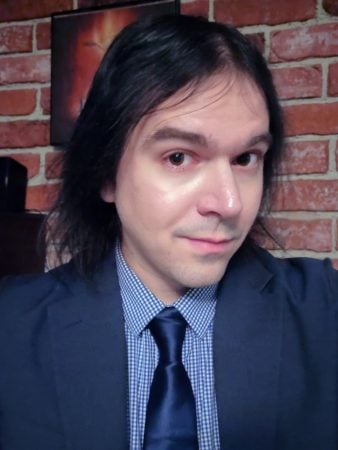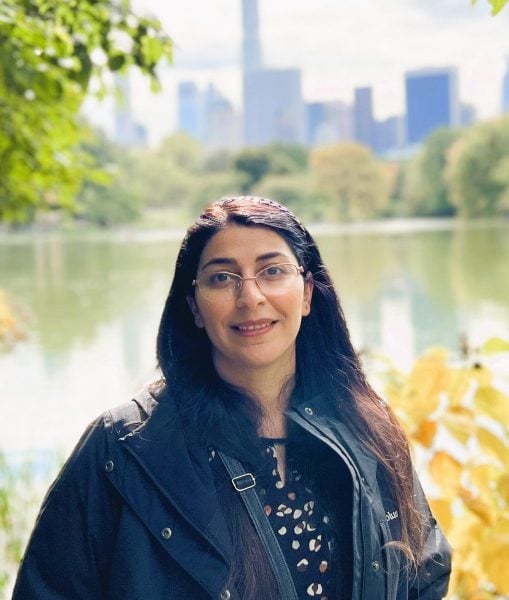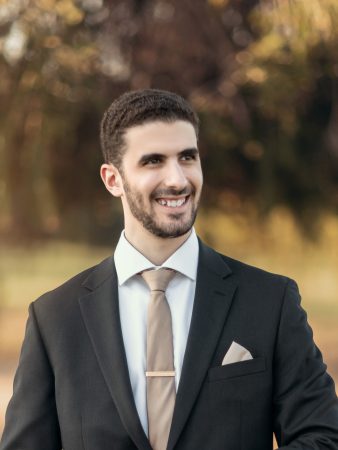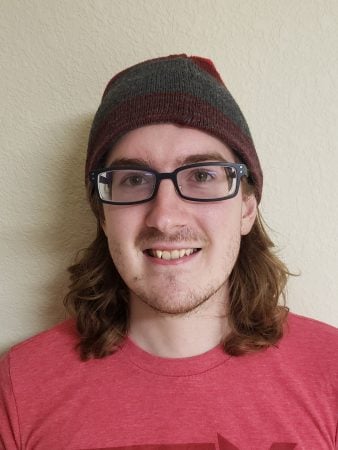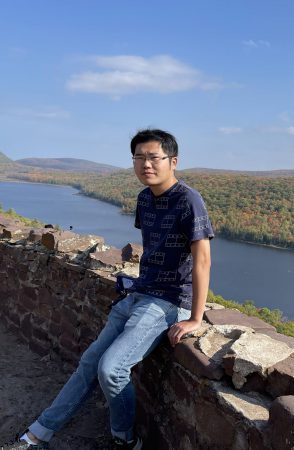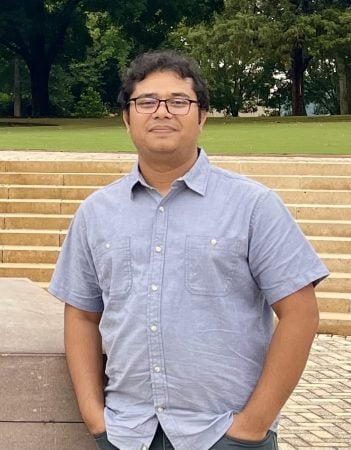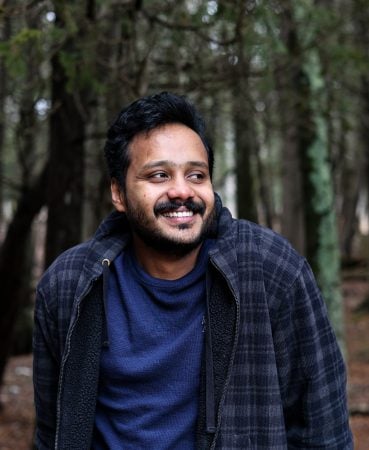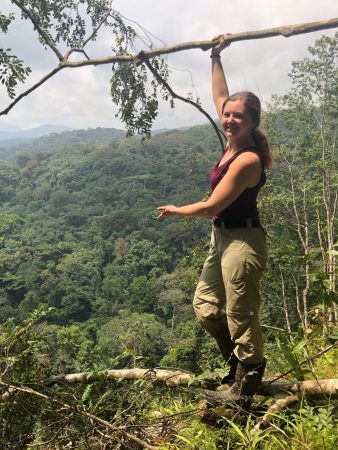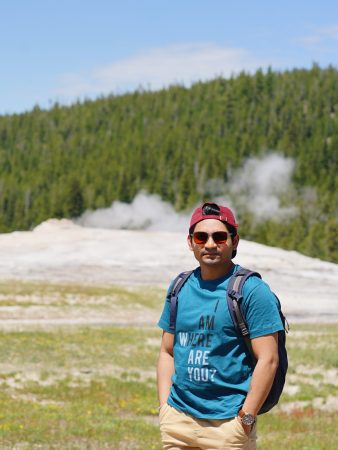I entered the field of nanotechnology rather unexpectedly. During a casual conversation at my undergraduate institution, a professor asked me if I was looking for a job, and with my background I was in no position to say no. A week later I was in lab, and I haven’t looked back since. The Department of Physics at Michigan Tech welcomed me in the Fall of 2018, and I began structuring my dissertation work shortly after. Originally my research was solely on two-dimensional materials, however, through some serendipitous discoveries, my scope has broadened to include many other van der Waals materials.
One of my favorite aspects of nanotechnology is that it is fundamentally interdisciplinary. Nanomaterials have such wildly varied properties that they have found applications in many fields. Through my studies I’ve been allowed to peer into the windows of various fields, including energy production, electronics, photovoltaics, chemical sensing, and bioimaging. A significant portion of my dissertation is centered on the synthesis of an easily-made, cost-effective, high-brightness fluorophore – it is unfortunate that I can not disclose much more until the patent is finalized. One project I can discuss is the internal functionalization of boron nitride nanotubes; I have been taking very small tubes – about 50,000 times thinner than the average human hair – and filling them with different materials (I’ve often described my research goal as “making the world’s smallest cannoli”). The applications of these filled nanotubes thus far include novel transistors and photostable fluorophores, and we hope to test their capabilities in solar technology soon.
As my time here comes to a close, I would like to express gratitude for the opportunities provided to me at Michigan Tech. Dr. Yoke Khin Yap has been an invaluable mentor, and his unwavering patience through my academic pursuits has been much appreciated. The support I have received from the King-Chávez-Parks Initiative and the Henes Center for Quantum Phenomena has enabled me to progress this far, and I am deeply grateful that Graduate Dean Awards Advisory Panel has granted me the opportunity to expeditiously conclude my dissertation.
Cheers.
